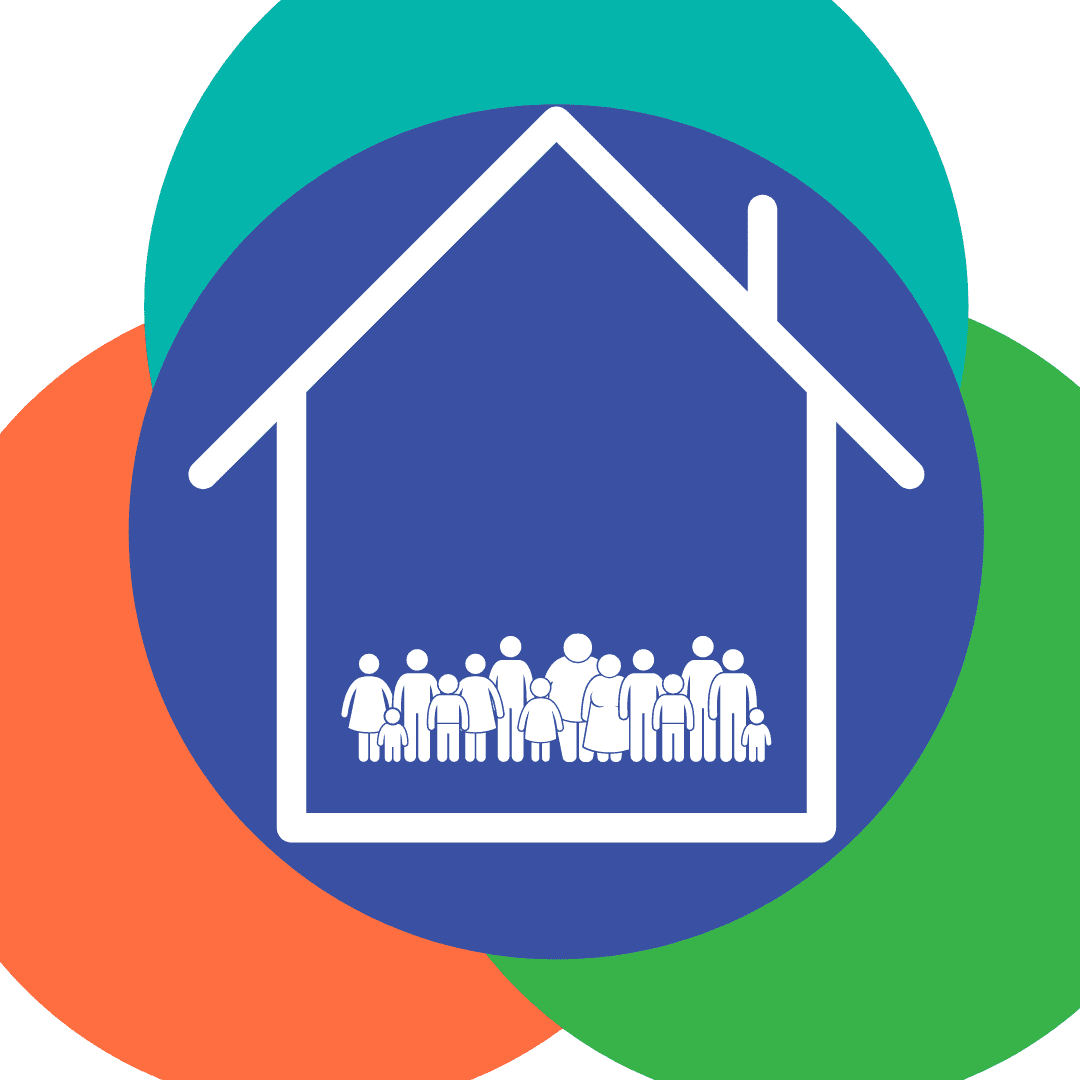Charles Brennan provided testimony in support of House Bill 24-1129, Protections for Delivery Network Company Drivers. CCLP is in support of HB24-1129.
Recent articles
CCLP testifies in support of TANF grant rule change
CCLP's Emeritus Advisor, Chaer Robert, provided written testimony in support of the CDHS rule on the COLA increase for TANF recipients. If the rule is adopted, the cost of living increase would go into effect on July 1, 2024.
CCLP testifies in support of updating protections for mobile home park residents
Charles Brennan provided testimony in support of House Bill 24-1294, Mobile Homes in Mobile Home Parks. CCLP is in support of HB24-1294.
CCLP’s legislative watch for April 5, 2024
For the 2024 legislative session, CCLP is keeping its eye on bills focused on expanding access to justice, removing administrative burden, preserving affordable communities, advocating for progressive tax and wage policies, and reducing health care costs.
Denver’s Expanding Housing Affordability

The burden of owning or renting a house in the Denver metro region is heavy for many residents as wage growth has not kept pace with the increased cost of living. With Denver rents skyrocketing, renters must make at least $27.50 per hour, which is in stark contrast with Colorado’s minimum wage of $12.32 per hour.
In May, the Colorado legislature voted to approve House Bill 2021-1117. This bill was advocated for by numerous partners and advocates to replace a Colorado Supreme Court decision that once prohibited such “inclusionary housing” practices and allows local governments to require rental housing developers to provide affordable units in new development projects. Here is a sample of what is included in the bill:
- Cities can now require affordable housing to be included in all new for-sale and for-rent housing.
- Requires local governments to offset costs, relax zoning restrictions and provide alternatives, recognizing that inclusionary housing creates higher costs on multi-family developments.
- Requires local governments to provide some options to allow for one or more alternatives to the construction of new affordable housing units
Once passed, the city and county of Denver lept into action. Their Community Planning and Development department drafted a policy proposal to ensure that as new housing is built, new affordable housing is created.
The Expanding Housing Affordability (or EHA) is designed to be complementary to the Department of Housing Stability’s (HOST)’s efforts to address Denver’s housing needs, namely the production of new affordable units in mixed-income communities by combining affordable homes into market-rate development. HOST has faced challenges in creating truly mixed-income communities over the years, and this newly passed but long fought-for legislation has enabled Denver and other localities across the state to mandate inclusionary housing.
MHC brought together key stakeholders, including Brad Wienig, Director of Catalytic Partnerships with HOST, and Analiese Hock, Principal City Planner with City and County of Denver, to discuss the purpose of EHA and provide some initial feedback on the proposal As part of our collaborative call to action, MHC submitted a letter of recommendations (posted below) to the City and County of Denver.
While we have a long way to go on addressing the housing shortage for our low-income neighbors, we celebrate the years-long community organizing and policy advocacy efforts that led to the passing of HB21-1117, which allowed localities to mandate affordable housing or equal alternatives in new developments. Keep up with Denver’s EHA as it makes its way through council this spring.





